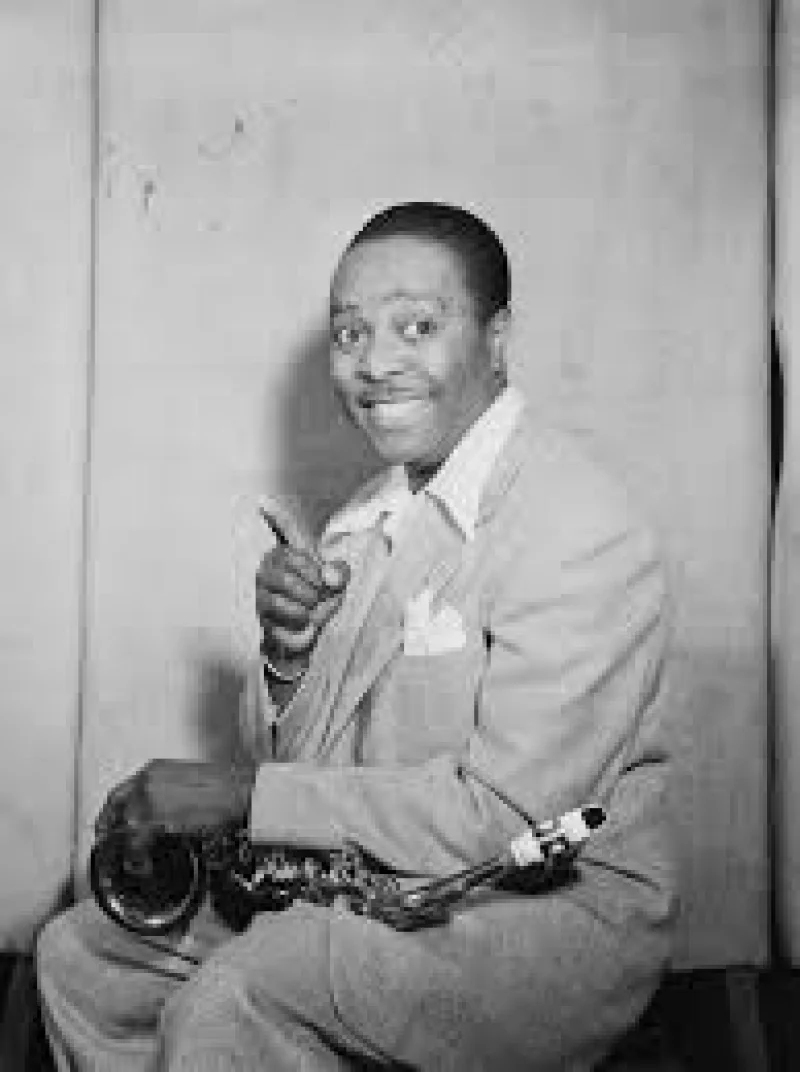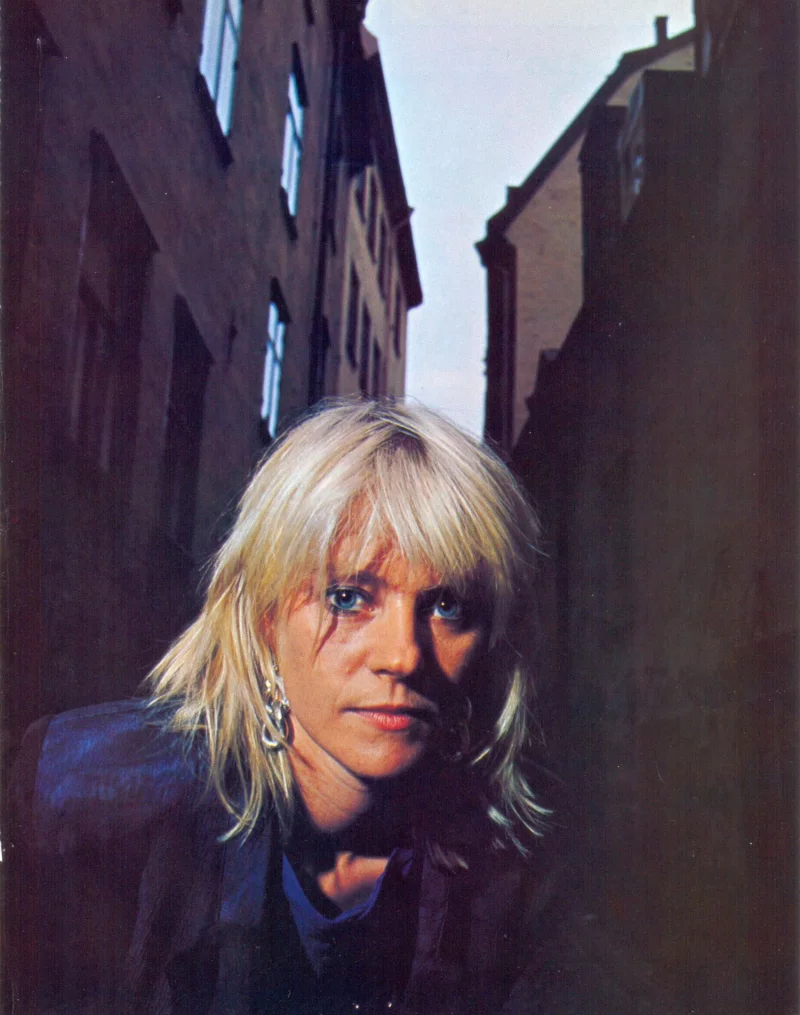Short Summary
Louis Jordan was a pioneering American musician and bandleader, known as the "King of the Jukebox" for his significant influence on rhythm and blues and the development of rock and roll. He was a multi-instrumentalist, but most famously played the saxophone, leading his band, the Tympany Five, to success in the mid-20th century. Jordan's energetic performances and clever, humorous lyrics captivated audiences, making him a beloved figure in music history. His contributions are credited with bridging the gap between swing music and the burgeoning rock and roll genre.
Early Life & Education
Louis Thomas Jordan was born on July 8, 1908, in Brinkley, Arkansas. Raised in a musical family, his father was a bandleader, which gave him early exposure to music. Jordan learned to play clarinet and saxophone, showing great promise as a musician from a young age. He attended Arkansas Baptist College, where he further honed his musical skills. Influenced by jazz greats and the vibrant musical landscape of the time, Jordan's formative years were steeped in the sounds that would later define his career. His early experiences in his father's band set the stage for his future success as a bandleader and innovative musician.
Career Highlights
Jordan's career took off in the 1930s when he joined Chick Webb's orchestra, performing alongside the legendary Ella Fitzgerald. In 1938, he left to form his own group, the Tympany Five, marking the beginning of his rise to fame. Throughout the 1940s and 1950s, he produced numerous hit songs such as "Caldonia," "Choo Choo Ch'Boogie," and "Ain't Nobody Here but Us Chickens." His music, characterized by a blend of swing, blues, and boogie-woogie, was instrumental in shaping the rhythm and blues genre. Jordan's charismatic stage presence and innovative approach to music left an indelible mark on the industry.
Major Achievements
- Jordan had multiple No. 1 hits on the R&B charts, showcasing his dominance in the genre.
- He was inducted into the Rock and Roll Hall of Fame in 1987, highlighting his lasting influence on music.
- His song "Choo Choo Ch'Boogie" sold over a million copies, one of the best-selling records of the 1940s.
- Jordan was posthumously awarded a Grammy Lifetime Achievement Award in 2012, recognizing his contributions to music.
Famous Quotes
- "What's the use of getting sober when you're gonna get drunk again?"
- "I believe in music the way some people believe in fairy tales."
Interesting Facts
- Louis Jordan was one of the first black artists to achieve crossover success with white audiences.
- He appeared in several musical films in the 1940s, enhancing his popularity.
- Jordan's work influenced many later artists, including Chuck Berry and James Brown.
- He often incorporated humor and storytelling into his lyrics, making his songs memorable and engaging.
Legacy / Influence
Louis Jordan's legacy is profound, as he helped to lay the foundation for rock and roll while popularizing rhythm and blues. His innovative style and engaging performances influenced countless musicians across various genres. Jordan's ability to blend humor with music not only entertained but also connected with audiences on a deeper level. Today, he is celebrated as a trailblazer who helped to shape the direction of modern popular music.
FAQ
Q: Why is Louis Jordan famous?
A: He is famous for his pioneering contributions to rhythm and blues and his influence on the development of rock and roll.
Q: What was one of Louis Jordan's biggest hits?
A: "Choo Choo Ch'Boogie" was one of his biggest hits, selling over a million copies.
Q: What instrument did Louis Jordan famously play?
A: He was best known for playing the saxophone.
Q: When was Louis Jordan inducted into the Rock and Roll Hall of Fame?
A: He was inducted in 1987.











